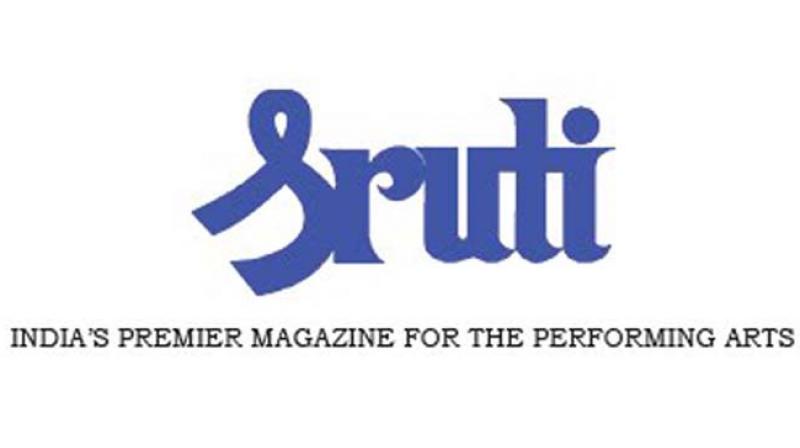A very special niche: Between a rock and a hard place

Arul, the friendly auto rickshaw driver, recognised me; he told me that he had driven me to the airport on a couple of occasions in a travel agency car, back when my company was using the services of the agency. He and many other drivers lost their jobs when most business houses shifted to Uber and Ola for the use of their employees for official purposes.
Once out of a job, Arul opted to drive an auto rickshaw instead of seeking an Uber appointment as he felt the earnings there were too low. Concentrating on regular school duty, he ensured a steady income and was now driving a vehicle he owned.
I was very pleased to be recognised by Arul, even though I had never been a frequent traveller and he would not have driven me more than a few times. We got round to talking of this and that, and soon the conversation turned to my not so pleasant experiences with auto rickshaw drivers. He stunned me with his response when I told him that I would not stop trying to help people in need even if a few drivers in the local auto stand thought they’d taken me for a ride (metaphorically speaking). He said, “You’re already doing a great service with Sruti magazine.” I must confess my class arrogance must have been behind my surprise at this appreciation by an auto rickshaw driver, for this was not the first time I was being praised in this manner. Every time that happens, however, I feel embarrassed — for the simple reason that I am just doing a job to the best of my ability, without nursing any illusions of serving people or a cause any more than a bank teller or pizza delivery boy might.
While it is true that such compliments give you a warm glow and, when repeated over and over, can make you suspect you have actually earned such accolades, they do not necessarily translate into economic gain for the magazine. Sruti has been around for more than three decades and we step into our 35th year next month, and the readers borrowing the magazine continue to outnumber those who pay for it. We specialise in the comprehensive profiles we do of great artists, whose friends, relatives and disciples may order multiple copies, and universities and research centres in India and abroad are among our regular subscribers, but artistes by and large buy only issues featuring them if at all. The founder-editor of Sruti, Dr N Pattabhi Raman, was fond of appealing to potential subscribers and OC readers — a description any Tamil should understand —even threatening them with the closure of the magazine if they did not start subscribing to it.
No, I am not shamelessly using this column to promote my magazine, but I must say running an arts magazine can be a thankless job if you only consider circulation figures or revenues. Classical music and dance already have an elite, in other words, minute, audience, and by being an English language publication, you limit your readership even further. The problem is compounded by an ever alert population of followers of these arts, who are not afraid of speaking their minds with total confidence in their superior knowledge, aesthetics and general intelligence, with smart phones and computer keyboards their weapons of mass destruction.
Leave alone performing artistes, even magazines and critics are often the targets of these all knowing critics’ barbed keystrokes. And why would anyone want to read a monthly arts magazine when expert opinions are available straight from the scene of action at the very moment the action is taking place, when every concert of any importance is streamed live for instant consumption?
(The author, a former first class cricketer, is a music aficionado who edits Sruti magazine)

